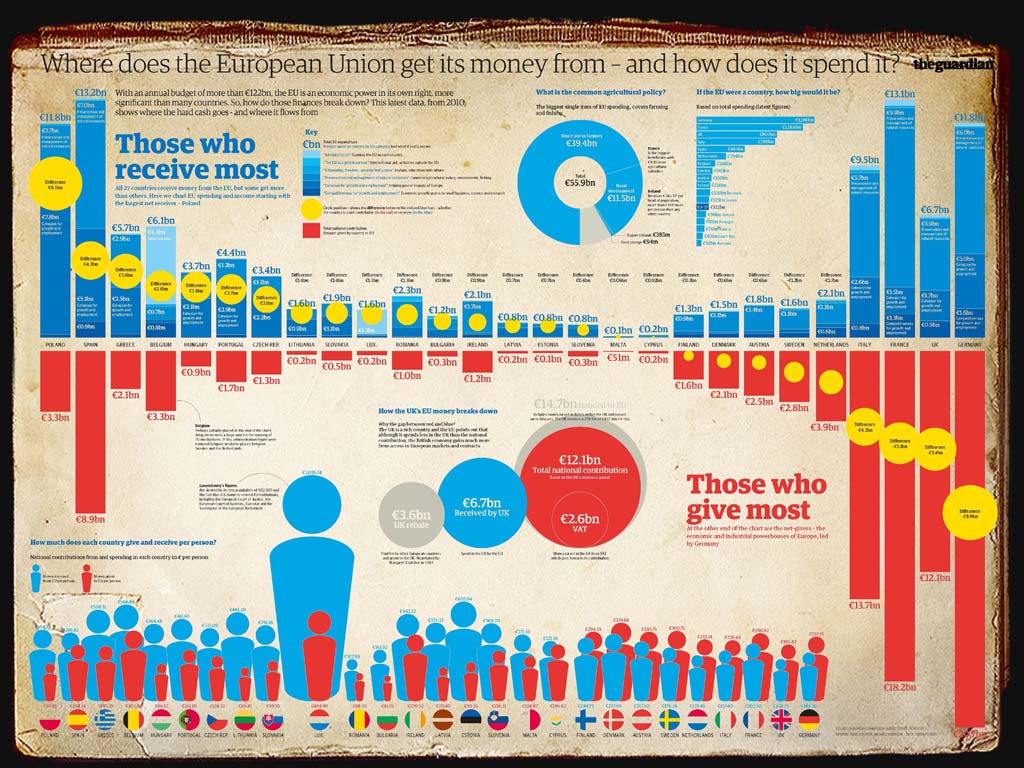I have been closely following Nobel laureate turned NYTimes blogger Paul Krugman’s blog for quite some years now. It is one of few blogs that I actually care to follow (others belong to my personal friends and acquaintances). While reading comments about Krugman’s latest post about Estonia, I noticed that several commentators had gross miss-impression about how much money does Estonia receive from EU institutions, in budgetary terms. Guesstimates were ranging from “more subsidies from the EU than [Estonia] collects taxes from its own citizens” to “a net $2-3 billion Euro a year in aid from the rest of the EU.” I knew it was not that much but, to be frank, I had to go and look exact details over.
With a brief research, I was able to uncover reliable data form the Ministry of Finance website, showing that in 2011, all combined foreign budget transfers amounted to 782.6 million Euros, which makes up about 13% of state revenue of 5.89 billion in 2011. To put this into another comparison, Estonia’s total exposure to the European Stability Mechanism (if it is ratified by Estonia, at all) is 1.3 billion Euros (although only 148 million must be inserted initially), meaning that even if worst scenario unfolds with Greece and other peripheral Eurozone countries (Greece’s total public debt of 355 billion is only half of ESM starting size and about half of Greece’s debt comes from private creditors) exit the Eurozone without ever paying anything back, then Estonia would still make net profit from the EU in budgetary terms about 1,66 years later.
These 782.6 million Euros also still make Estonia one of the big per capita recipients of EU funds, as this highly informative graph from the Guardian article shows:

As can be seen from the graph above, according to the Guardian, every Estonian contributes 92 Euros to the EU budget, while receiving back 602 Euros. Second highest (both in total and net) after Luxembourg. And all this, of course, excludes indirect economic benefits.
